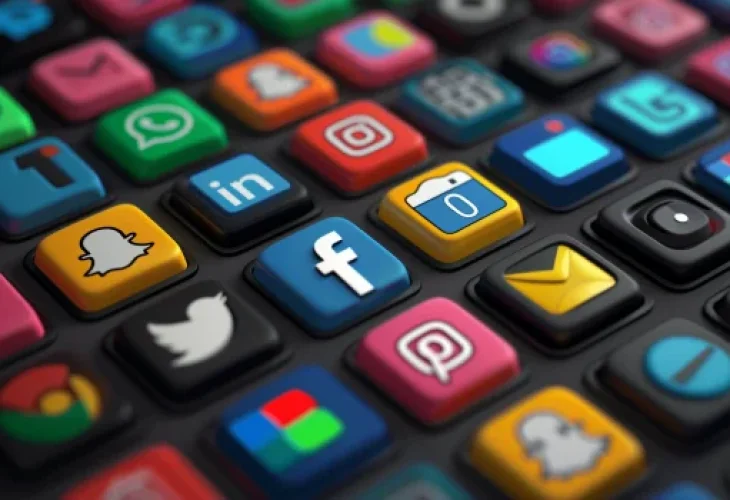Depression and Anxiety
The Impact of Social Media on Mental Health: How Excessive Use Can Lead to Depression and Loneliness
Explore the psychological effects of social media, including the risks of anxiety, depression, and social comparison

Social media has become an inseparable part of modern life. With the growing popularity of platforms such as Facebook, Instagram, Twitter, and TikTok, many people find themselves spending hours scrolling through feeds. While these platforms offer clear benefits such as staying connected and accessing information, they also carry significant emotional and psychological risks, particularly related to sadness and depression.
The Link Between Screen Time and Depression
Multiple studies have found a clear correlation between time spent on social media and increased symptoms of depression. A 2018 study from the University of Pennsylvania found that reducing social media use to just 30 minutes a day significantly improved participants’ emotional well-being. Those who limited their screen time reported lower levels of anxiety, loneliness, and depressive symptoms compared to those with unrestricted use.
Social Comparison and Its Effects on Mood
Comparing ourselves to others is a natural human tendency, but social media amplifies it in unhealthy ways. A Yale University study showed that users who frequently compared their lives to others online experienced higher levels of anxiety and depression. Seeing curated and idealized portrayals of other people's lives can trigger feelings of inadequacy, low self-esteem, and FOMO (fear of missing out).
The Illusion of Perfection
Platforms such as Instagram are full of highly filtered images and polished portrayals of “perfect” lifestyles. A study from the University of Gothenburg revealed that young women exposed to idealized images on Instagram reported higher dissatisfaction with their own lives, leading to increased levels of sadness and depressive feelings. These unrealistic portrayals can skew our perception of normal life and create feelings of failure.
Social Isolation in a Connected World
Despite its name, social media can also foster social isolation. A 2017 study from the University of Pittsburgh found that people who spent more time on social media reported feeling more socially isolated than those who used it less. Digital interactions often lack the emotional depth of face-to-face communication, leaving users feeling more disconnected.
The Role of Online Support
Social media can also offer meaningful emotional support. A study by Northwestern University found that receiving support through online platforms- such as in virtual support groups- can reduce feelings of sadness and provide a sense of belonging. When used mindfully, these platforms can serve as a lifeline for those struggling emotionally.
The relationship between social media and mental health is complex. While it can provide connection and support, overuse or misuse may contribute to feelings of sadness, anxiety, and depression. Awareness is key: setting healthy boundaries, avoiding toxic comparisons, and engaging in meaningful interactions can help mitigate the negative effects and promote emotional well-being. Ongoing research continues to shed light on how we can use social media in healthier, more mindful ways.

